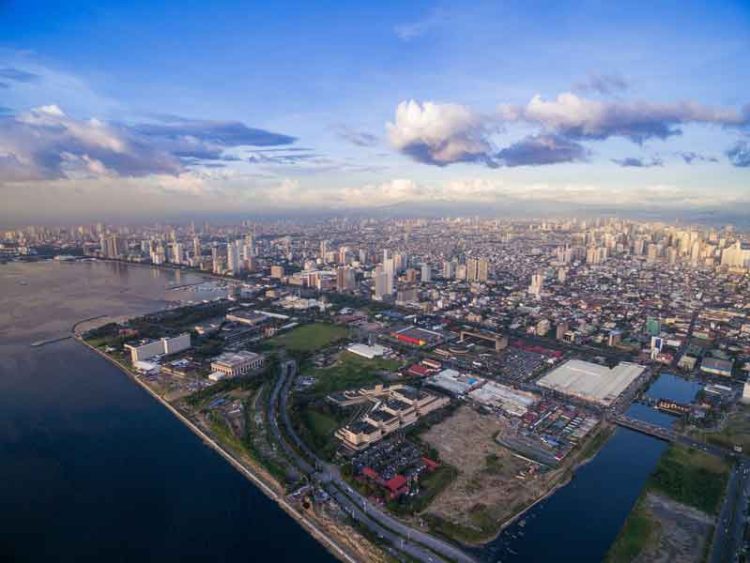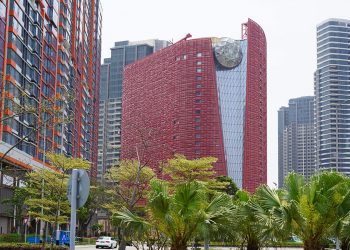The Philippines is on the verge of exiting a “grey list” of nations under increased monitoring after global anti-money laundering watchdog, the Financial Action Task Force’s (FATF), said it has “substantially completed” an 18-point action plan.
In a statement following its October 2024 plenary, the FATF said it has made an initial determination that the Philippines has substantially completed its action plan and warrants and that on-site assessment is underway. The assessment aims to verify that the implementation of AML/CFT reforms has begun and is being sustained, and that the necessary political commitment remains in place to sustain implementation in the future.
Among the key reforms implemented has been demonstrating that supervisors are using AML/CFT (anti-money laundering/combating the financing of terrorism) controls to mitigate risks associated with casino junkets. Gaming regulator PAGCOR was one of 44 government agencies directed by President Ferdinand Marcos Jr last October to take necessary actions in order to ensure the Philippines satisfied the FATF’s directions and exited the grey list.
In a statement of its own, the Philippines’ Anti-Money Laundering Council noted that failure to address the remaining action plan items would have put the Philippines at risk of entering FATF’s blacklist under which member nations impose restrictions and additional checks, and possibly refusal of financial transactions with those on the blacklist.
It also confirmed that the FATF’s Asia/Pacific Joint Group (APJG) would visit the Philippines early next year to verify the sustainability of the AML/CTF reforms towards addressing the 18 action plan items and the high-level political commitment of the Philippine government to continue improving the Philippines’ AML/CTPF regime.
“This is the final step toward the country’s removal from the greylist,” the AMLC said.
Executive Secretary Lucas Bersamin added, “This milestone is a testament to the hard work and coordination across government agencies. It reflects our strong commitment to meeting the FATF’s stringent standards and ensuring the long-term protection of our financial system. We are confident that this progress will be affirmed during the on-site visit.
“We must continue our efforts to ensure that our reforms are implemented and sustained. Building a resilient AML/CTF regime is critical for safeguarding our financial system and our economy from illicit activities.”


































